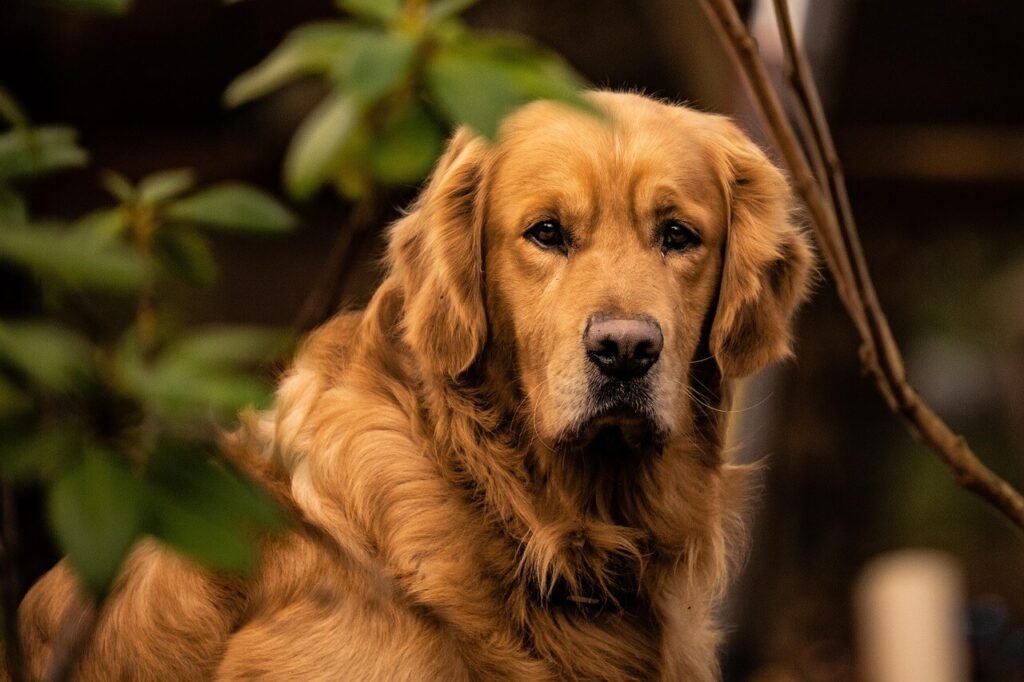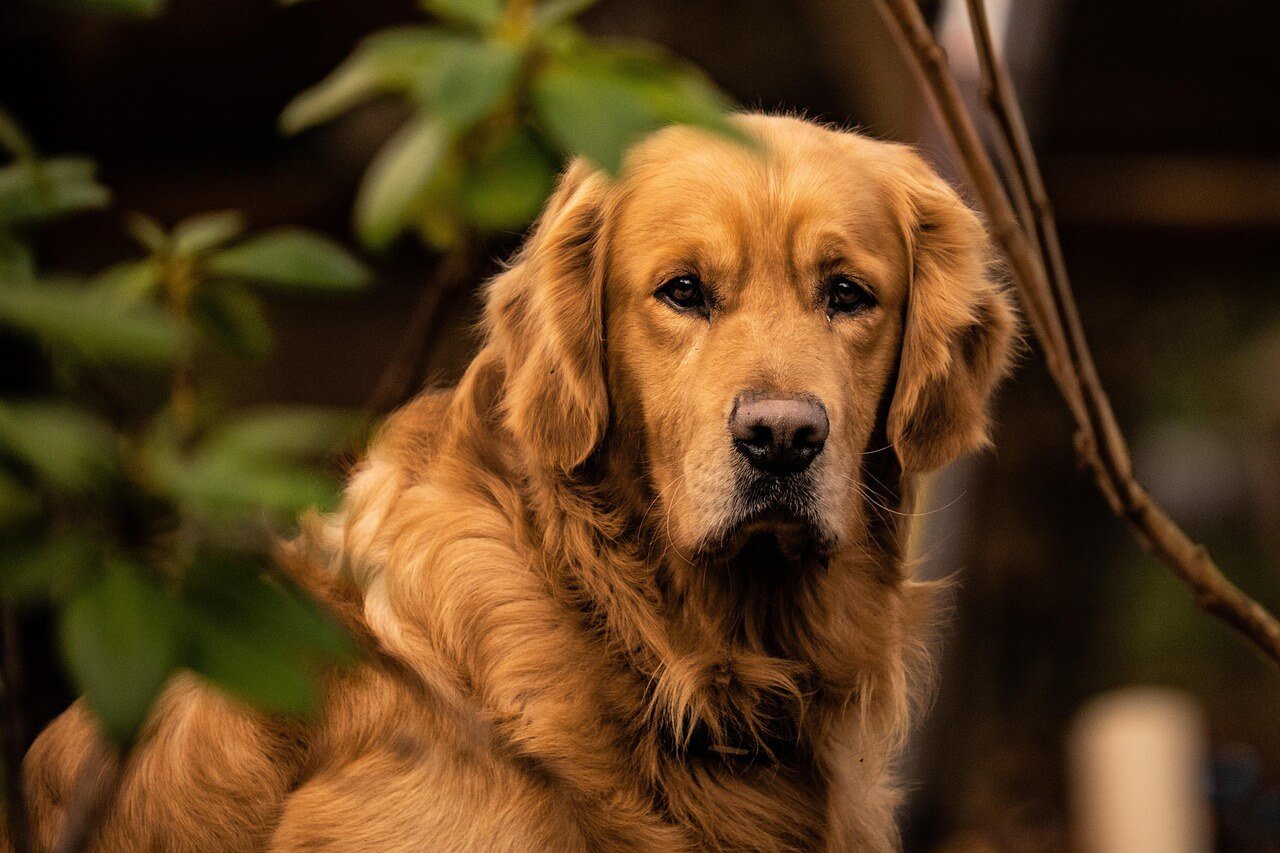The Ultimate Companion: The Role of a Duck Hunting Dog
Duck hunting dogs are more than just pets—they are skilled partners in the field, trained to assist hunters in retrieving waterfowl with precision and care. These remarkable canines combine intelligence, athleticism, and loyalty to excel in one of the most challenging outdoor activities. From navigating marshy terrains to swimming through icy waters, duck hunting dogs play a vital role in ensuring a successful and ethical hunt.
But what makes these dogs so uniquely suited for this task? And how can you prepare and train them for the demands of duck hunting? This blog post dives into everything you need to know about selecting, training, and working with a duck hunting dog, highlighting their importance in the world of hunting sports.
Top Breeds for Duck Hunting Dogs
Not all dogs are built for the rigors of duck hunting. Certain breeds stand out due to their natural instincts, physical abilities, and adaptability to wet environments. Here are some of the best breeds for this demanding role.
Labrador Retriever:
Known for their friendly temperament and exceptional retrieving skills, Labs are the most popular choice for duck hunting. Their waterproof coats and love for water make them ideal companions.Golden Retriever:
With their gentle nature and strong work ethic, Golden Retrievers excel at retrieving ducks while maintaining a calm demeanor in the field.Chesapeake Bay Retriever:
Bred specifically for waterfowl hunting, this breed thrives in cold, harsh conditions and has a thick, oily coat that repels water effectively.German Shorthaired Pointer:
Agile and versatile, this breed is perfect for hunters who need a dog capable of both pointing and retrieving with equal proficiency.English Springer Spaniel:
Energetic and eager to please, Springer Spaniels are excellent flushers and retrievers, making them well-suited for duck hunting adventures.
Choosing the right breed depends on your specific needs and preferences, but each of these dogs brings unique strengths to the table.

Essential Training Tips for Duck Hunting Dogs
Training a duck hunting dog requires patience, consistency, and a clear understanding of the skills needed for success in the field. Follow these tips to develop a reliable hunting partner.
Start with Basic Obedience:
Teach foundational commands like “sit,” “stay,” and “come” before moving on to advanced tasks. A well-behaved dog is easier to manage during hunts.Introduce Water Early:
Gradually acclimate your dog to water by encouraging them to swim in shallow areas. Positive reinforcement helps them associate water with fun.Practice Retrieval Drills:
Use dummy ducks or bumpers to simulate real-life retrieval scenarios. Reward your dog for returning items promptly and gently.Teach Steadiness:
Train your dog to remain calm and focused until given the command to retrieve. This prevents impulsive behavior in the field.Expose Them to Gunfire Safely:
Introduce your dog to the sound of gunfire gradually, starting at a distance, to ensure they become desensitized without fear.
With consistent training, your duck hunting dog will develop the discipline and skills necessary to thrive in any hunting situation.
Check this guide 👉Wolf Hunting Dogs: Best 7 Expert Tips!
Check this guide 👉British Hunting Dogs: Best 7 Expert Tips!
Check this guide 👉Japanese Hunting Dog: Best 7 Expert Tips!
Skills Every Duck Hunting Dog Needs | Challenges They May Face |
|---|---|
Strong swimming ability | Cold temperatures and icy water |
Excellent scent detection | Distracting scents in the environment |
Reliable retrieval instincts | Losing focus during excitement |
Ability to navigate rough terrain | Thick vegetation or muddy landscapes |
Calm demeanor under pressure | Loud noises from guns or other dogs |
Gear and Equipment for Your Duck Hunting Dog
Equipping your duck hunting dog with the right gear ensures their safety, comfort, and performance during hunts. Here’s a list of essential items every hunting dog owner should consider.
Waterproof Collar and Leash:
A durable, waterproof collar and leash are crucial for controlling your dog in wet environments. Look for reflective materials for added visibility.Protective Boots:
Dog boots protect paws from sharp objects, thorns, and extreme temperatures, ensuring your dog stays comfortable throughout the hunt.Insulated Vest or Jacket:
For colder climates, an insulated vest provides warmth and buoyancy, helping your dog stay safe in icy waters.First Aid Kit:
Always carry a portable first aid kit designed for dogs to address minor injuries or emergencies quickly.Training Dummies:
High-quality dummies shaped like ducks help reinforce retrieval training and simulate real hunting scenarios effectively.
Investing in proper gear not only enhances your dog’s capabilities but also keeps them safe and prepared for any challenge.
Health Considerations for Duck Hunting Dogs
Maintaining your duck hunting dog’s health is critical for their longevity and performance in the field. Addressing potential issues proactively ensures they remain active and happy.
Regular Vet Check-Ups:
Schedule routine veterinary visits to monitor your dog’s overall health and catch any problems early.Proper Nutrition:
Feed your dog a balanced diet rich in protein and fats to support their energy levels and muscle recovery after intense activity.Joint Care Supplements:
Active dogs benefit from supplements like glucosamine and chondroitin to maintain joint health and prevent arthritis.Parasite Prevention:
Protect your dog from fleas, ticks, and heartworms, especially when spending extended periods outdoors.Hydration During Hunts:
Ensure your dog has access to fresh water before, during, and after hunts to prevent dehydration.
By prioritizing your dog’s health, you can maximize their potential as a hunting companion for years to come.
Benefits of Owning a Duck Hunting Dog
Beyond their utility in the field, duck hunting dogs offer numerous benefits that extend to everyday life. Their presence enriches the hunting experience and strengthens the bond between human and animal.
Enhanced Hunting Success:
A trained duck hunting dog increases efficiency and accuracy, making hunts more productive and enjoyable.Companionship Off the Field:
These dogs are affectionate and loyal, providing constant companionship even when not actively hunting.Improved Physical Fitness:
Training and exercising your dog encourages you to stay active and spend more time outdoors.Stress Relief:
Interacting with a happy, energetic dog reduces stress and promotes emotional well-being.Teaching Responsibility:
Caring for a hunting dog instills discipline and responsibility, especially in younger hunters learning the ropes.
Owning a duck hunting dog offers rewards far beyond the thrill of the hunt, enriching your life in countless ways.
Common Mistakes to Avoid When Training
Training a duck hunting dog requires attention to detail and avoiding common pitfalls that could hinder progress. Awareness of these mistakes ensures smoother training sessions.
Skipping Basic Commands:
Neglecting foundational obedience training can lead to disobedience in the field. Start simple and build up gradually.Overtraining Too Quickly:
Pushing your dog too hard too soon risks burnout or injury. Allow time for rest and recovery between sessions.Using Harsh Punishments:
Positive reinforcement works best; avoid yelling or punishing excessively, which can damage trust and confidence.Ignoring Socialization Needs:
Failing to expose your dog to different environments and people may result in fear or aggression later on.Neglecting Mental Stimulation:
Dogs need mental challenges alongside physical exercise to stay sharp and motivated during training.
Avoiding these errors sets the stage for a successful and rewarding training journey.
Preparing for Your First Hunt Together
Your first hunt with your duck hunting dog is an exciting milestone, but preparation is key to ensuring a smooth and enjoyable experience. Keep these tips in mind for a successful outing.
Plan Ahead:
Research the hunting location, weather conditions, and local regulations to avoid surprises on the day of the hunt.Pack Essentials:
Bring food, water, first aid supplies, and extra gear for both you and your dog to handle unexpected situations.Set Realistic Expectations:
Understand that neither you nor your dog will be perfect on the first try—focus on learning and improving together.Stay Calm and Patient:
Dogs pick up on their owner’s emotions, so remaining calm helps your dog stay focused and confident.Celebrate Small Wins:
Acknowledge and reward your dog’s efforts, no matter how minor, to reinforce positive behavior and boost morale.
With careful planning and a positive attitude, your first hunt can lay the foundation for many successful adventures ahead.
Frequently Asked Questions About Duck Hunting Dogs
What is the best age to start training a duck hunting dog?
Ideally, begin training between 6 and 12 months old to establish foundational skills.
Do all breeds enjoy water?
No, not all breeds naturally love water. However, certain breeds like Labradors and Chesapeake Bay Retrievers thrive in aquatic environments.
How do I know if my dog has the potential to be a good duck hunter?
Look for traits such as a strong retrieval instinct, enthusiasm for water, and willingness to learn.
Can older dogs still be trained for duck hunting?
Yes, though it may take longer compared to younger dogs, older dogs can still learn with patience and consistent training.
Is professional training necessary?
While not mandatory, professional trainers can provide advanced techniques and save time for busy owners.
The Unbreakable Bond Between Hunter and Dog
A duck hunting dog is more than just a tool—it’s a loyal companion whose skills and dedication enhance the hunting experience. By choosing the right breed, providing thorough training, and equipping them properly, you can build a partnership rooted in trust and mutual respect. Beyond their role in the field, these dogs bring joy, companionship, and unwavering loyalty to their owners’ lives. Whether you’re a seasoned hunter or new to the sport, a well-trained duck hunting dog will undoubtedly become your most cherished ally in the great outdoors.
Dog Tapeworm Life Cycle: Best 7 Expert Tips! – Learn how tapeworms infect dogs, spot symptoms, and break the cycle with expert prevention strategies.
Anxious Cat Body Language: Best 7 Expert Tips! – Learn to spot signs of stress, understand triggers, and help your cat feel safe and relaxed.
Anxious Dog Body Language: Best 7 Expert Tips! – Learn to spot signs of anxiety, respond effectively, and help your dog feel safe and secure.
Is Breeding Dogs Bad? Best 7 Expert Tips! – Explore the ethics, benefits, and risks of dog breeding to make informed decisions for a better future.





